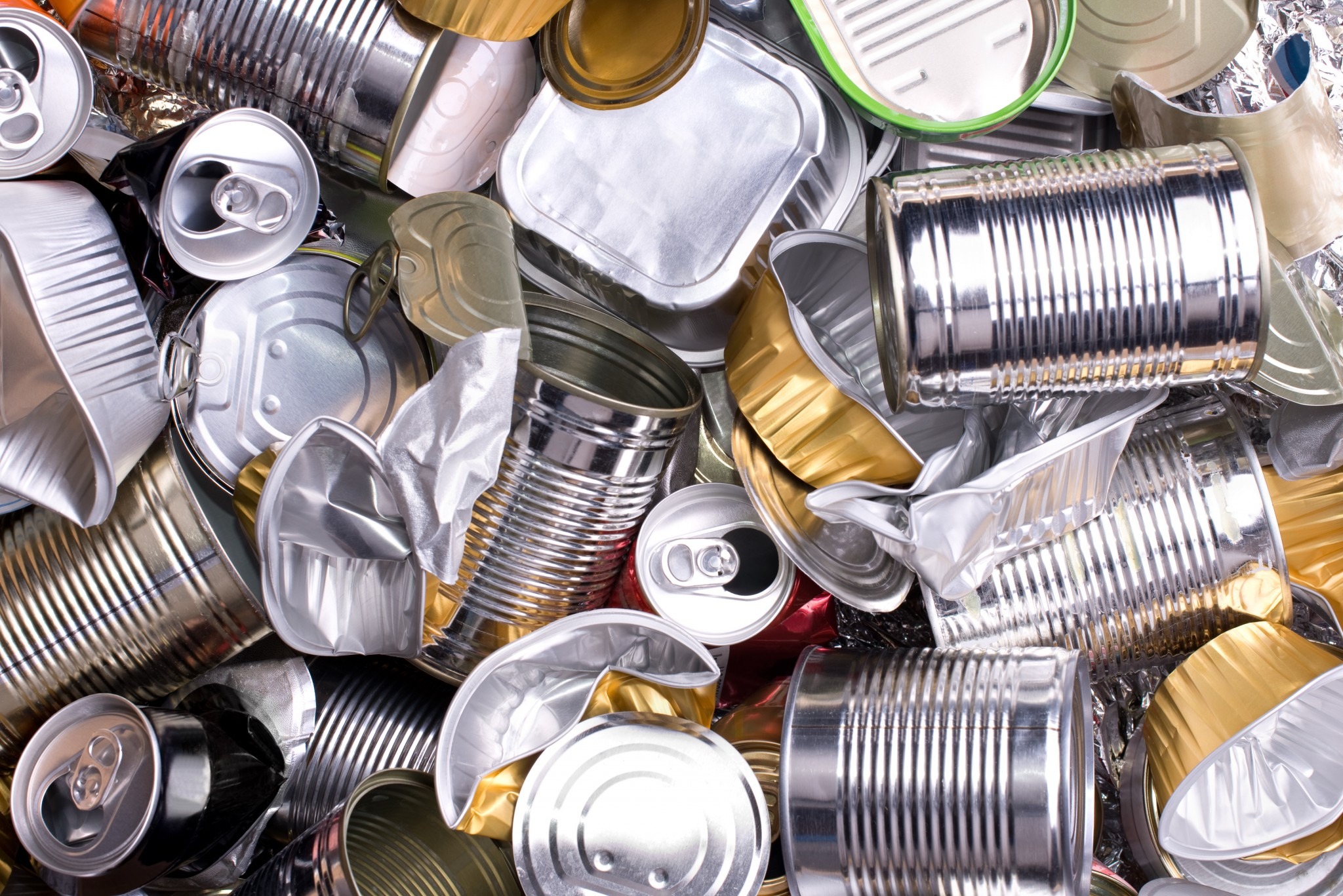Two days ago, encouraged to become a better world citizen, I was given a list of suggestions that included recycling, Several months ago, after Cecil the lion was killed by a dentist, I was told to oppose trophy hunting.
Where are we going? To how we could do better at doing good.
Recycling
In 2011, Washington D.C. received $389,000 for its recyclables. Now it is paying $1.2 million to have them removed. Waste Management (a large recycler) tells us that 2000 municipalities are in the same predicament.
One problem is sorting. Hoping to encourage recycling, municipalities like Washington D.C. have minimized sorting rules. The downside is more residue that has to be removed before recycled materials are sold. But because soda cans are thinner, plastic is lighter, and glass shatters more easily, the sorting facilities make more mistakes and send more garbage to landfills.
Then, compounding our recycling woes, China is no longer a dependable destination. Demanding less and being pickier, China is spending relatively less on our recyclables.
Trophy Hunting
Most of us responded with sadness to Cecil’s death. Killed in Zimbabwe, the lion generated an uproar against trophy hunting.
But not everywhere.
Because of a trophy hunting ban in Botswana, wild animals are terrifying villagers. The people who live in Sankuyo tell how lions are killing goats and donkeys, devouring maize and beans, and making evening travel dangerous,
Further harming the local economy, the trophy hunting proceeds have evaporated. No longer can villagers use the money for water pipes and toilets, houses and scholarships.
And, because the trophy hunting ban made lions and leopards less valuable, villagers are killing more of them.
Our Bottom Line: Doing Good Tradeoffs
I know people have said that when you ask an economist, nothing gets done. However, to help the environment and save endangered species, I wish policy advocates would recognize the tradeoffs.
In class we say that choosing is refusing. So, choose recycling in Washington D.C. but that means refusing to use that money on education (or some other municipal need). Or, oppose trophy hunting but know that you have decided not to help the local villagers.






